Nitrogenous Biofertilizers
In stock
Nitrogen is the mineral nutrient most often in short supply for plant nutrition. It represents the mineral fertilizer most applied to agricultural lands. This is because available soil N supplies are generally inadequate for optimum crop production. The world population is likely to double during next 50 years so also the demand for food. Provision of an adequate supply of fixed N is central to the successful meeting of the food challenge. Fertilizer nitrogen is not only costly, but the growing awareness of environmental quality and limitations of non-renewable resources is implicated as additional constraints. Biological N2-fixation has contributed to the productivity in natural and agricultural habitats from an early stage in the development of living matter on the earth. The principal need for a deeper understanding of nitrogenous biofertilizers is the urgent requirement to increase agricultural production for a seemingly galloping human population. Although all forms of N2-fixation including that by azotobacter, azospirillum, etc. contribute to such production, increase in short term are likely to depend on the greater and more efficient utilization of legume Rhizobium symbiosis. The legumes are foremost in current research approaches to increasing protein production and the soil N supply. This book provides a comprehensive upto date account of various facets of N2-fixation by azospirillum and azotobacter in addition to Rhizobium which is principal contributor to the N economy of many soils.


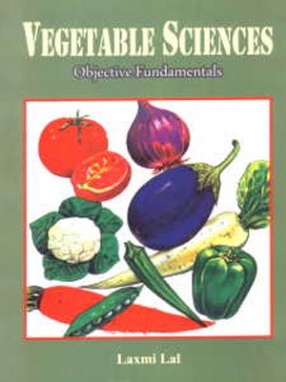
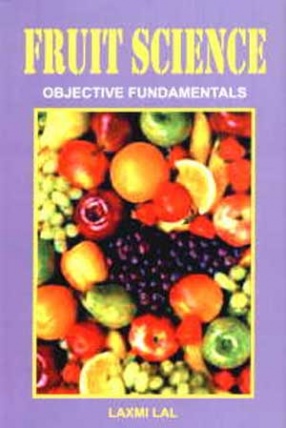
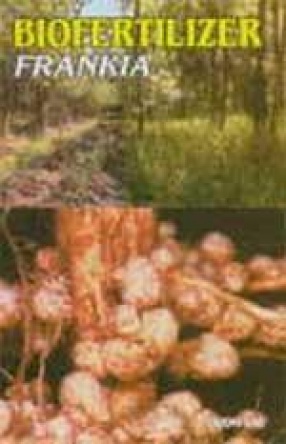
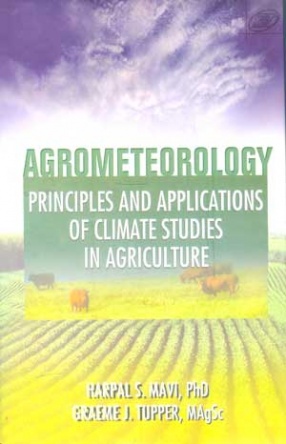
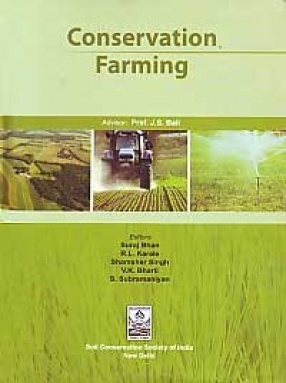
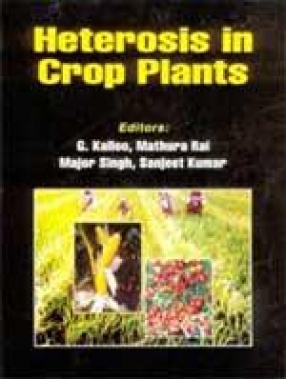
There are no reviews yet.